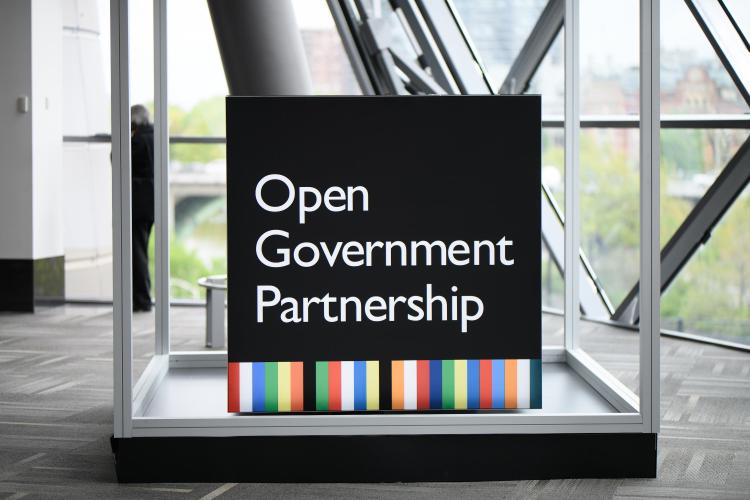
On October 6, 2022, the Armenian government approved the fifth Action Plan in the framework of Open Government Partnership (OGP) initiative.
Promising avenue for improving the CSO environment
Armenia joined the OGP initiative in 2011 and since then has delivered four action plans. The last recent Action Plan covered 2018-2020 and included eleven commitments that focused on improving access to government-held information and promoting public participation. One of the commitments was aimed at improving the process of state funding procedure and resulted in adopting regulations that improve the transparency and accountability of the state grants. According to the report of OGP Independent Reporting Mechanism, 7 of the 11 commitments of the fourth action plan saw either substantial or complete implementation.
CSO engagement in co-creation process
The co-creation process of the fifth OGP Action Plan of Armenia was launched in November 2021 through disseminating an open call for proposals and organising discussions with local and international stakeholders. The government engaged in the co-creation process the OGP Armenia working group that had been formed for the previous, 2018-2020 Action Plan implementation period and included 10 CSOs and 15 government representatives. The process of proposal collection was open to anyone, and many CSOs provided proposals for the new Action Plan. Eventually, according to the OGP Government Contact Person, 7 out of 10 commitments included in the final Action Plan was originally proposed by CSOs, and all the commitments were consulted with them.
New plan for 2022-2024 expected to improve CSO environment
In July 2022, the draft decision on the OGP Action Plan was published in the electronic platform for legal draft publication (e-draft) for public consultation. During the session held on 6 October 2022, the government approved the fifth Action Plan.
The Action Plan covers the period of 2022-2024 and includes 10 commitments in the following areas:
- institutional development and participation;
- anti-corruption;
- open and transparent justice; and
- social rights and protection.
Most of the planned commitments are expected to contribute to better access to government-held information, which will facilitate the work of watch-dog and advocacy CSOs. They will allow them to implement monitoring in specific areas such as court processes, gifts receipt by officials, state procurements, labour contract statistics, etc.
More importantly, the first commitments of the Action Plan are expected to improve CSO environment as they promote freedom of information and participation in decision-making. In particular, the first section of the Action Plan, named Institutional Development and Participation, includes the following commitments:
- Data policy legislation, which will help to regulate data collection and usage processes, address personal data management issues, promote data digitalisation through establishing a comprehensive rights-based and citizen-focused data management system.
- Creation of government strategic communication architecture, which will allow to develop pro-active communication on the government activities and public policies, establish protocols of communication in emergency situation, create mechanisms to respond to misinformation and disinformation, and in general – modernise the institutional system of communication in the government.
- A self-assessment system on freedom of information, which will allow to collect information on the implementation of freedom of information obligations by the government bodies through creating self-assessment indicators and a unified system of collecting freedom of information statistics.
- Participatory mechanisms in budgetary processes, which aims to promote participation of public and CSOs in the budget processes through establishing an electronic platform for publication of information and collecting suggestions on state budget and budgetary programs.
- Implementation of participatory budgeting on the local level, aiming to ensure participatory budgeting in communities through an electronic tool, which will allow the community members to present their ideas on specific projects funded by the community budget, participate in selection of the projects and monitor the implementation process.
These commitments are in line with the recommendations provided in CSO Meter 2021 Armenia report, which highlighted several issues regarding the freedom of information, participation on national and local level, data management issues on digital platforms. TIAC will continue to monitor the progress of the government commitments and provide information on the developments regarding CSO enabling environment through further updates and CSO Meter reports.
Photo source: https://www.opengovpartnership.org/about/
